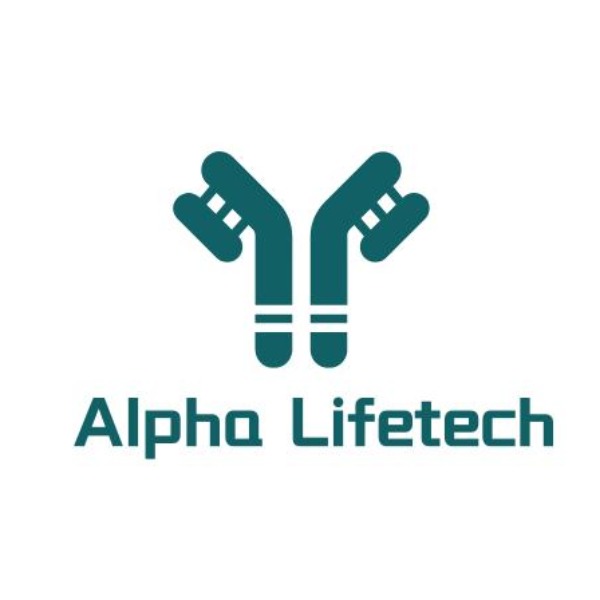Alpha Lifetech Unraveling the Potential of Single Chain Antibodies (scFv): Structure and Applications
Single-chain variable fragment (scFv) antibodies represent a powerful class of engineered antibodies with diverse applications in research, diagnostics, and therapeutics. These compact antibody fragments, characterized by their unique structure and versatility, offer numerous advantages over conventional antibodies. In this article, we delve into the structure of scFv antibodies and explore their wide-ranging applications.
Understanding Antibody scFv:
The single chain variable fragment (scFv) is a recombinant antibody format consisting of the variable regions of the heavy (VH) and light (VL) chains of an antibody joined together by a short peptide linker. This linker allows the VH and VL domains to remain connected in a single polypeptide chain, forming a compact and functional antibody fragment.
Structure of scFv:
The structure of scFv antibodies typically comprises four key regions:
1. Variable Regions (VH and VL): These regions contain the antigen-binding sites of the antibody, known as complementarity-determining regions (CDRs), which interact with specific epitopes on antigens. The VH and VL domains are connected by a flexible peptide linker, allowing for optimal antigen recognition.
2. Peptide Linker: The peptide linker joins the VH and VL domains, providing flexibility and allowing for independent movement of the antigen-binding regions. The length and composition of the linker can influence the stability and functionality of the scFv antibody.
3. Constant Regions (CH and CL): Although scFv antibodies lack the constant regions found in full-length antibodies, they can be engineered to include constant regions for stability, solubility, and effector functions, if desired.
4. Antigen-Binding Site: The antigen-binding site of the scFv is formed by the CDRs within the VH and VL domains. These regions are highly variable and can be engineered for enhanced affinity and specificity to target antigens.
Applications of scFv Antibodies:
1. Research and Diagnostics: scFv antibodies are widely used as research reagents for protein detection, cellular imaging, and flow cytometry. Their small size and high specificity make them ideal for detecting and quantifying target molecules in biological samples.
2. Therapeutics: scFv antibodies have shown promise as therapeutic agents for the treatment of various diseases, including cancer, autoimmune disorders, and infectious diseases. Their compact size allows for improved tissue penetration and reduced immunogenicity compared to full-length antibodies.
3. Drug Delivery: scFv antibodies can be engineered to deliver therapeutic payloads, such as cytotoxic drugs or nanoparticles, specifically to target cells or tissues. This targeted drug delivery approach minimizes off-target effects and enhances therapeutic efficacy.
4. Biotechnology: scFv antibodies are valuable tools in biotechnology for protein purification, protein engineering, and biomaterials development. Their modular structure and ease of engineering make them versatile platforms for a wide range of applications.
In conclusion, single-chain variable fragment (scFv) antibodies represent a versatile and powerful class of antibody fragments with diverse applications in research, diagnostics, and therapeutics. Their unique structure, compact size, and high specificity make them valuable tools for addressing various biomedical challenges and advancing scientific knowledge. As our understanding of scFv antibodies continues to grow, so too will their potential to revolutionize biomedicine and biotechnology.
- Like
- Reply
-
Share
About Us · User Accounts and Benefits · Privacy Policy · Management Center · FAQs
© 2025 MolecularCloud




